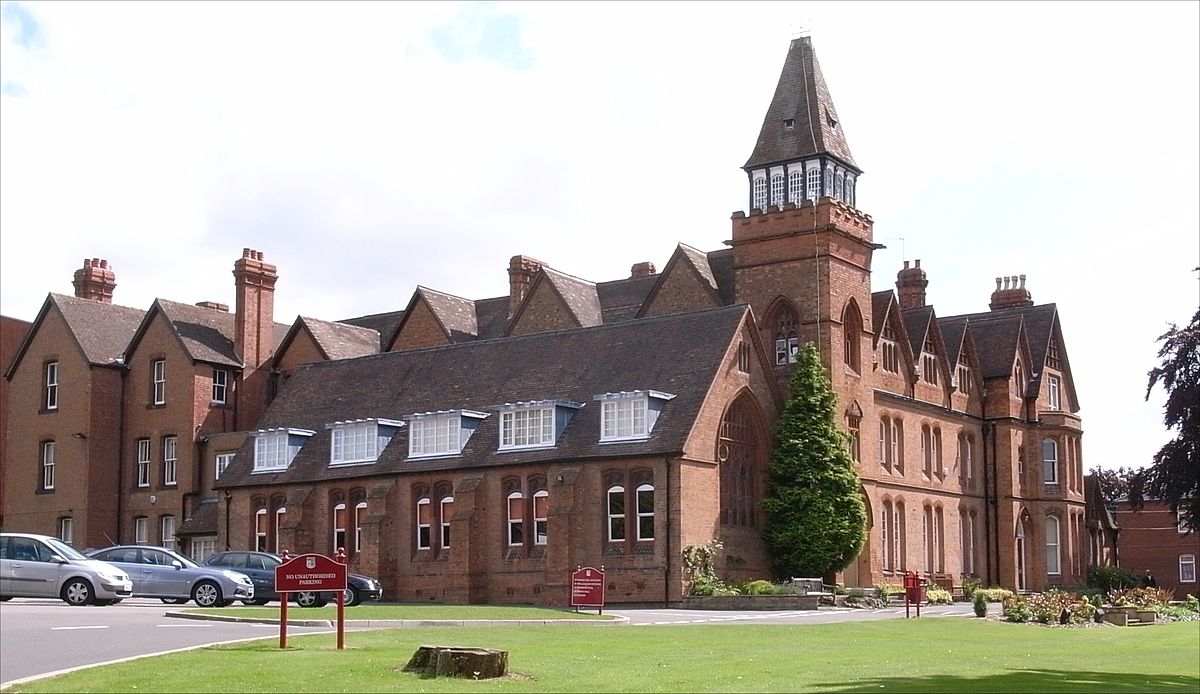Private schools in Solihull and across the country are under intense strain following Labour’s decision to impose 20% VAT on school fees. While the policy was introduced to fund improvements in state education, many now fear it will have the opposite effect, triggering school closures, overcrowding in local comprehensives, and further hardship for children with special educational needs and disabilities (SEND).
Several private schools nationwide have already confirmed closures directly linked to the new tax. These include Loughborough Amherst School, Bedstone College in Shropshire, and St Joseph’s Park Hill School in Burnley, which is closing after more than a century. Many smaller independent schools, those without large endowments or elite alumni networks, are said to be “on the brink,” struggling to absorb the sudden financial shock.
In Solihull, leading independent schools like Solihull School, St Martin’s, and Ruckleigh have so far avoided cutbacks, but rising costs are forcing some parents to withdraw children or seek bursaries. The fear is that closures elsewhere could trigger an influx of pupils into local state schools, many of which are already at capacity.
National estimates suggest around 35,000 pupils could leave the private sector over the coming years due to fee increases driven by VAT. This would add significant strain to the state system, potentially eroding the very gains the policy was intended to fund. The average state school place costs between £6,500 and £8,000 per year — meaning even a modest migration could consume much of the expected VAT revenue.
The situation is especially worrying for SEND pupils, many of whom attend independent schools for their smaller class sizes, specialist teaching, and tailored support. Estimates suggest around 120,000 SEND children are currently educated in the independent sector, with most receiving no state funding. With fees now rising by as much as 15%, families are being priced out of the very environments that helped their children thrive.
One Solihull mother, whose autistic son attends a small independent school, said, “He finally feels safe and understood there. If we lose that, I don’t know what we’ll do. The local comprehensive doesn’t have the support he needs.”
While Labour insists the policy is fair and will fund 6,500 new teachers in the state sector, education experts warn that many state schools will struggle to absorb new pupils without compromising quality. Early data already shows a significant drop in private school enrolment, with more than 11,000 fewer pupils in independent education this year alone.
As the academic year draws to a close, schools across Solihull and the West Midlands are bracing for a difficult September. Without urgent changes, critics argue that Labour’s VAT on fees may end up costing the education system far more than it raises, especially for the most vulnerable students.

